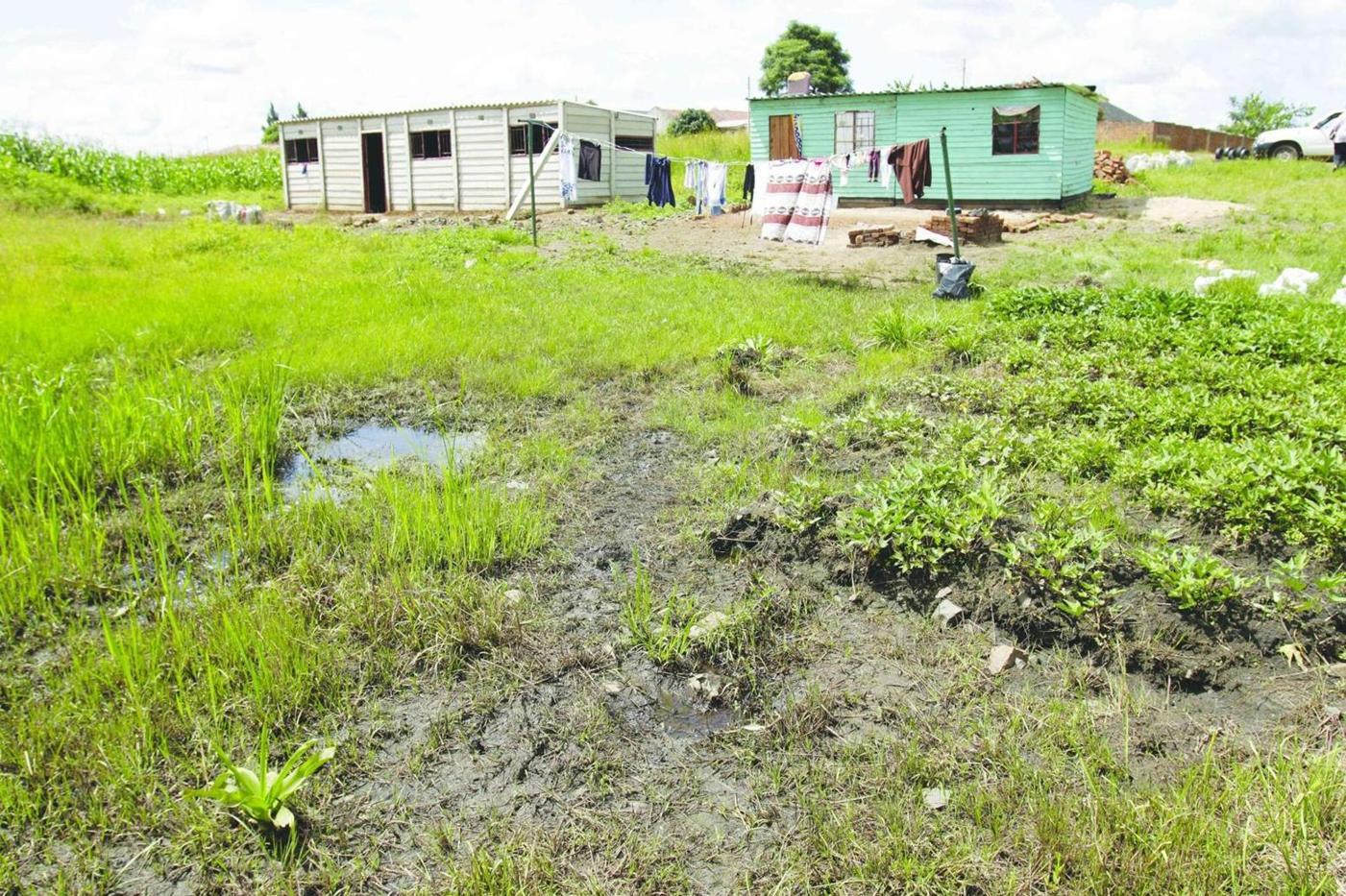Africa-Press – Zimbabwe. LAND barons have illegally occupied more than 140 sites across Harare, with city council turning to the courts to halt the rampant and unregulated developments, NewsDay reports.
City officials highlighted the challenges they face in enforcing regulations, citing legal tactics used by land barons to delay demolition and enforcement efforts.
Harare City Council housing and community service director Admond Nhekairo told the Parliamentary Thematic Committee on Climate Change that land barons were using “lawfare” to frustrate the municipality’s attempts to reclaim public land.
“There is now a tendency by some of these invaders to quickly rush to the courts with dirty hands and apply for spoliation orders,” Nhekairo said.
“We end up in court for two years while illegal developments continue. Even when the city eventually wins, we are left to take corrective action.”
The Environmental Management Agency (Ema) reported receiving 152 applications for development projects on wetlands, including Environmental Impact Assessments and requests for land-use changes.
Ema acting director-general Christopher Mushava said the number was alarming.
“These applications include both those from private developers and the City of Harare. The positive is that there is now better communication on what needs to be done,” he said.
Challenges associated with housing in Harare were recently highlighted in the city’s master plan which indicated a crisis including shortages.
Harare has a severe housing backlog with 288 885 people on the waiting list and limited housing supply while there is also high demand for affordable housing with 43% of families being lodgers.
The master plan’s written report also highlighted challenges of overcrowding saying many households share one room while there are limited middle-income housing options with the majority of stock being high-density (67%).
“Poor housing conditions: Aging infrastructure and lack of repairs, especially in pre-independence suburbs. Unfinished housing projects: Many developments lack proper water, sewage and road infrastructure,” the report said.
“Unregulated informal housing growth: Rapid expansion of informal settlements without services. Difficult approval processes: Slow, expensive and bureaucratic housing development approval system. Alleged corruption in land allocation: Council lists not being followed; land barons taking over.”
For More News And Analysis About Zimbabwe Follow Africa-Press






